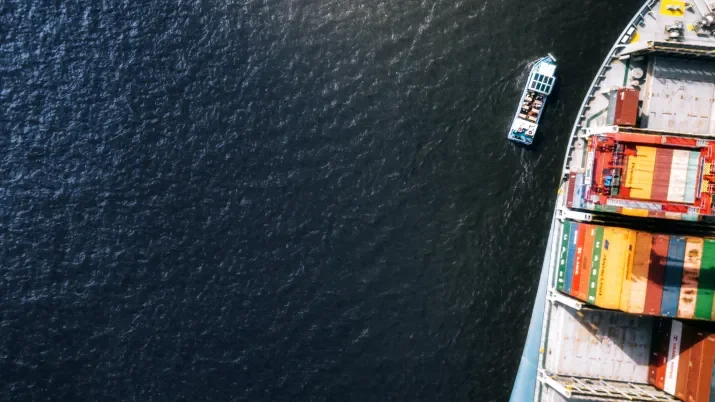Far-right leader wins Dutch election but markets remain calm
Two days ago, when the team asked me if I’d write a blog about the Dutch elections, my reaction was “why, it’s a non-event?”. Now two days later we’ve woken up to a political landslide in the Netherlands, with the right-wing Freedom Party (PVV), frequently referred to as the “anti-Islam” party led by Geert Wilders, winning a dramatic victory – a victory that doesn’t actually mean a lot for markets given how fragmented the system is.
While we don’t have an official result yet, it looks like the Freedom Party will gain 20 seats and become the largest party with 37 seats in parliament (out of 150).
I think it’s fair to say that this is a very surprising result, Wilders was always going to gain seats, as right-wing voters had seen enough of Mark Rutte’s VVD party. But for Wilders to now try and form a coalition is a shock for many people. Wilders isn’t the only winner here, the left-wing alliance Green Left and Labour are now the second largest party with 25 seats (and have clearly said they are not willing to work with Wilders), closely followed by centre-right liberal VVD. At the same time, the ultra-right wing FVD saw their support diminish.
The victory of the Freedom Party isn’t the only big change, NSC, the brand-new party formed by whistleblower MP Pieter Omtzigt (ex-Christian Democrat), which until a few weeks ago didn’t even have a program, looks to have won 20 seats. With an attendance of 78%, it looks like the Dutch public cast a protest vote against the established order, but whether there will be any actual material change to policies remains to be seen.
The first thing I read in the foreign press was about a “NEXIT referendum” but I’m not seeing any of that in the Dutch papers. Wilders has softened his stance in recent years, probably one of the reasons for the victory, but he’d unlikely find support from other parties on this (or the public). And here is the difficulty: in Dutch politics currently, voters could pick from 26 (yes 26!!) different parties and now 17 of them have got seats in parliament, as there is no minimum threshold.
Several parties have historically said that they would never work with Wilders, but if both VVD and NSC open the doors to negotiations a centre-right wing majority can be formed. Two things these three parties agree on are the reduction of immigration and creation of new homes (topics we’ll likely see taking the forefront in many other elections to come in other countries). But there are also very significant differences between the parties. The liberal VVD and the Freedom Party are at the opposite spectrum when it comes to the economy, as Wilders has a socialist approach and would like to open the taps and spend money.
Forming a workable coalition with 17 parties will be tricky and all kinds of combinations are possible, even without the Freedom Party. Whatever coalition is formed they will all need to make significant concessions to get anything done and, with very different views on so many topics, a new election in two years could also be on the cards. But one thing is certain, while there won’t be a referendum, immigration will be top of the agenda. Although this was a landslide victory for the far right, I don’t see much change and looking at equities it doesn’t seem to have impacted markets at all.




